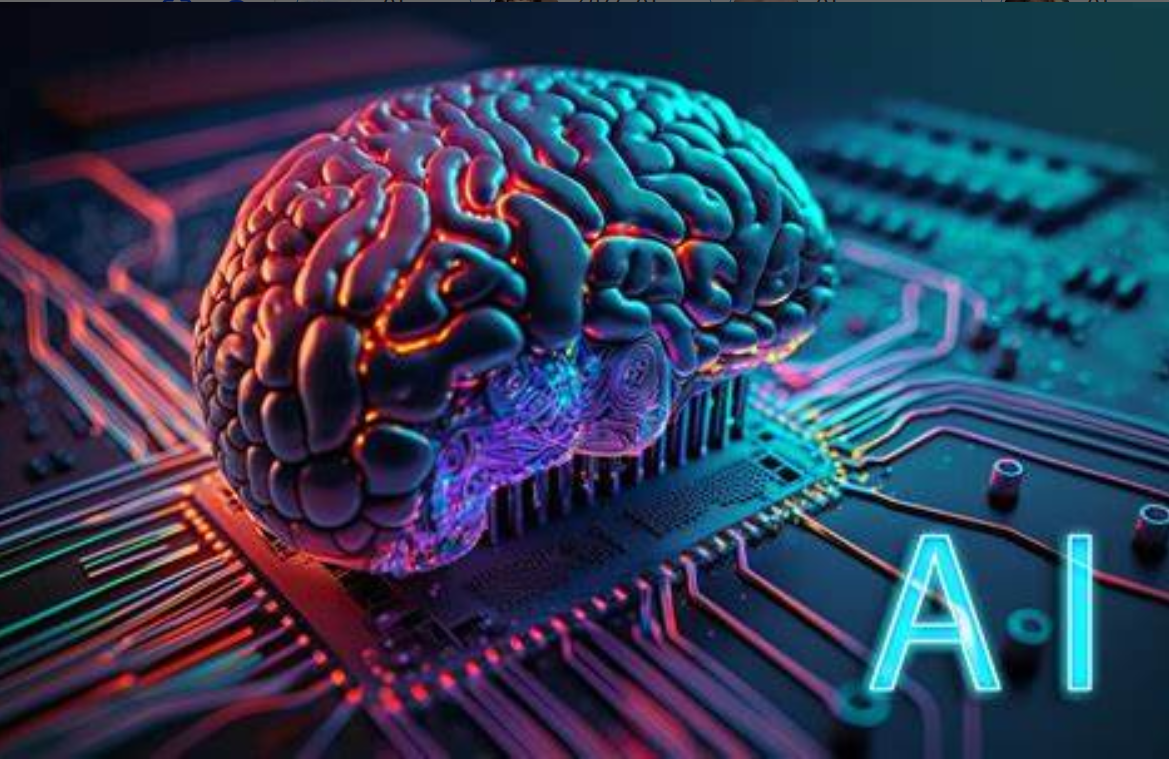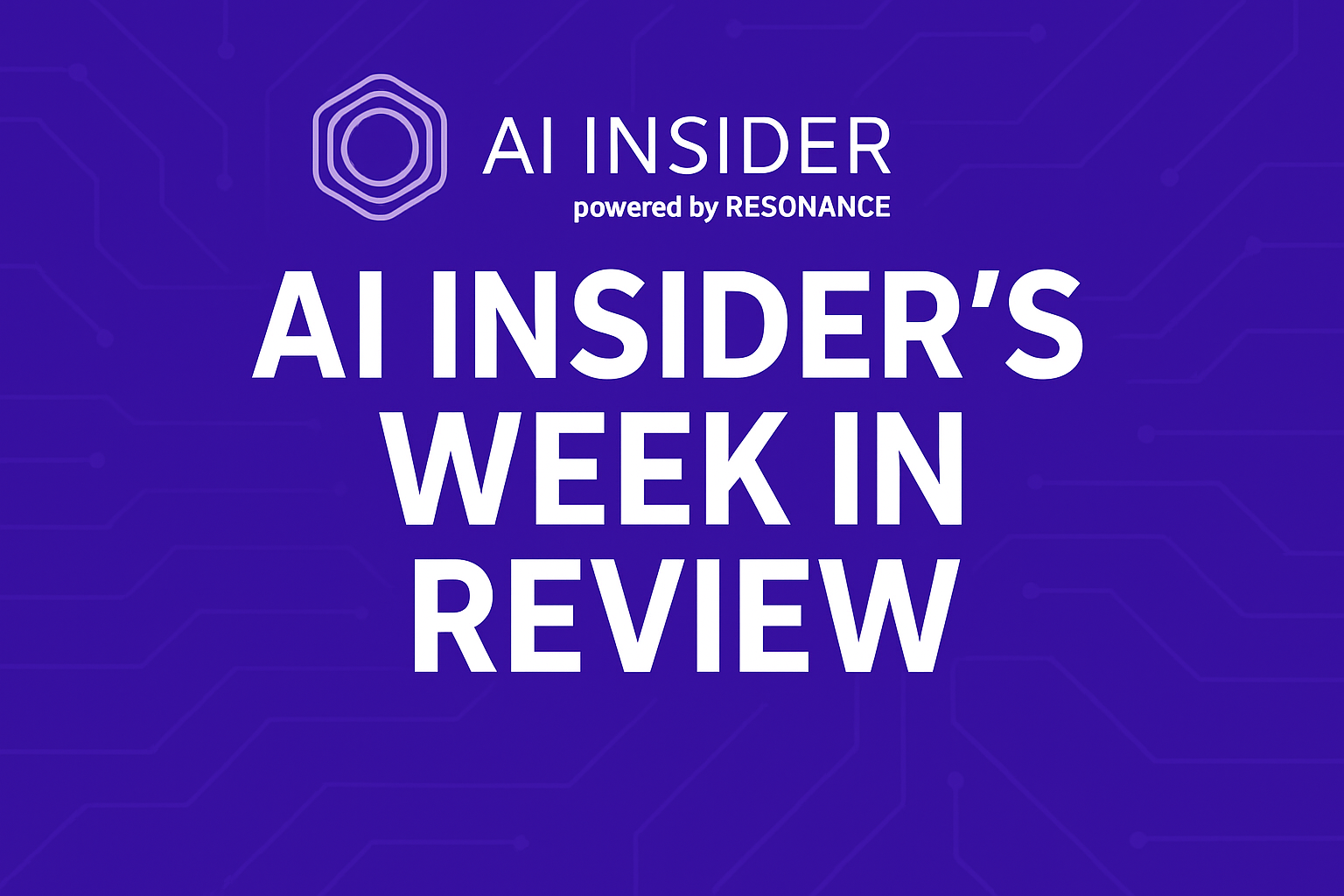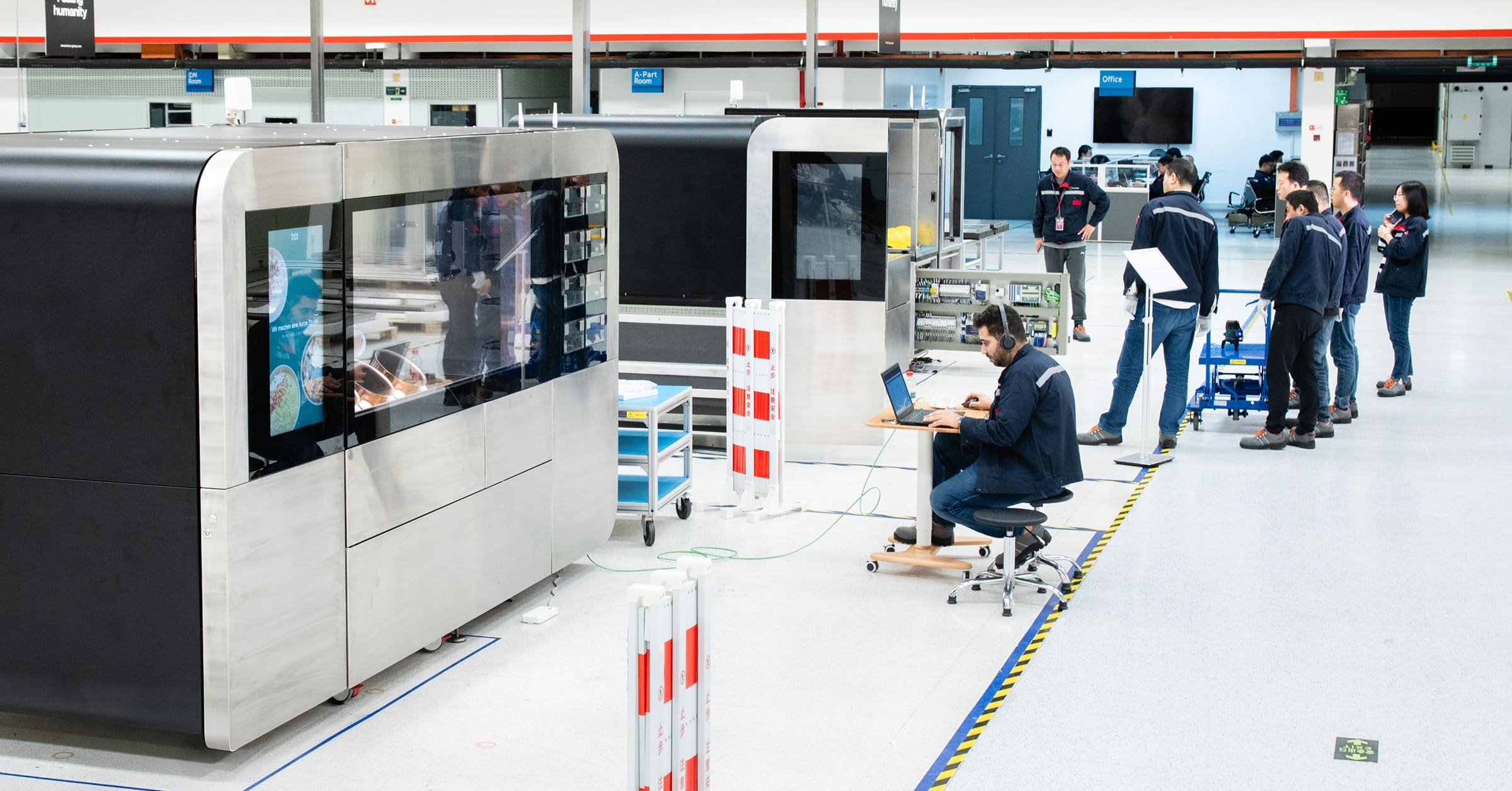As AI continues to expand globally, Asia is emerging as a significant force in its development and adoption. During a recent Fortune panel discussion with leaders from key AI-focused organizations, opinions into the future of AI in Asia were shared, particularly around the opportunities and challenges ahead for the region.
Justin Nguyen, General Partner at Monk’s Hill Ventures, believes AI will permeate all aspects of life, much like previous technological shifts.
“AI is going to touch all aspects of our life,” he said, adding that specific industries like education and healthcare will experience profound changes soon. Nguyen highlighted a portfolio company that uses AI to enhance English pronunciation skills: “Almost overnight, their average order value doubled because AI made their product useful every day.”
For Chan Yip Pang, Executive Director of Vertex Ventures, AI is transforming sectors like B2B sales and venture capital itself. His team has been using large language models (LLMs) to identify potential investments.
“We teach the model what kind of companies or traits we want to see, then ask the LLM to help us rank them,” he explained. The process has led to the discovery of promising companies that were previously overlooked, speeding up the deal-sourcing timeline. Chan is optimistic about the future, stating: “We haven’t invested in a company yet through this method, but perhaps in a year, we’ll have a success story to share.”
Ren Yeong Sng, Managing Director of AI Strategy & Solutions at Temasek, sees AI reshaping professional services. He pointed out that AI is already automating workflows in industries like legal and accounting.
“We invested in Robin AI, which enables contract review and translation with AI,” said Sng. He stressed that AI’s impact is not just in technology but in transforming business models. “The best AI model is the business model,” he went on. Ren sees AI’s ability to streamline processes, not replace jobs but improve them, particularly in professional services where tasks like financial analysis are evolving with AI assistance.
Juhi McClelland, General Manager & Managing Partner APAC at IBM Consulting, shared a more internal perspective, illustrating how IBM is using AI to improve its own operations.
“We’ve completely changed our HR process with AI,” McClelland said, describing how AI has accelerated HR and procurement workflows across IBM’s 300,000 employees. She also underlined AI’s impact on coding productivity, with developers seeing an 80% increase in output due to automated code generation. However, McClelland also raised concerns about AI skills gaps, particularly among women. “It really breaks my heart to see that women are being left behind in this journey,” she shared, urging a focus on educating and empowering women to participate in AI’s future.
As these experts suggest, AI in Asia is set to transform industries from education to professional services. With significant investment and innovative use cases, Asia is rapidly positioning itself as a global hub for AI development. However, ensuring inclusivity and addressing ethical concerns will be critical as the region continues to lead this technological revolution.






